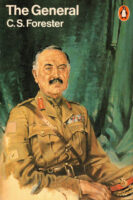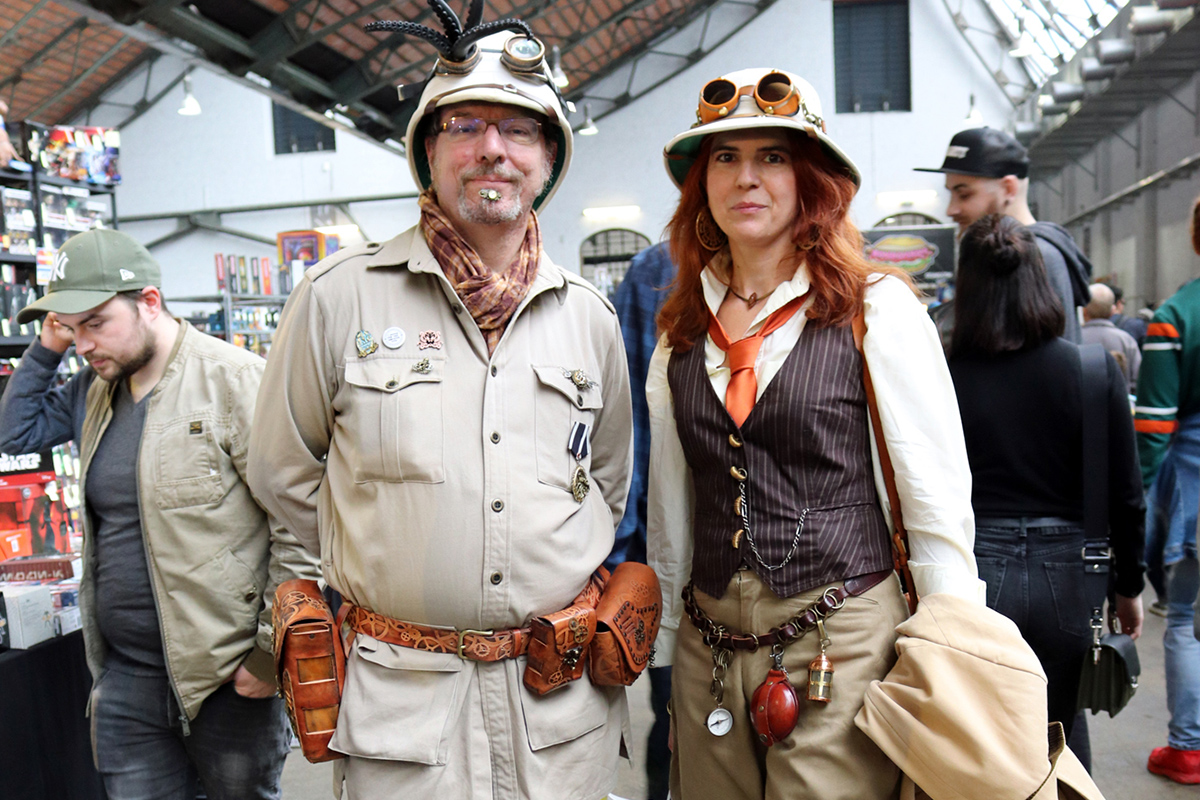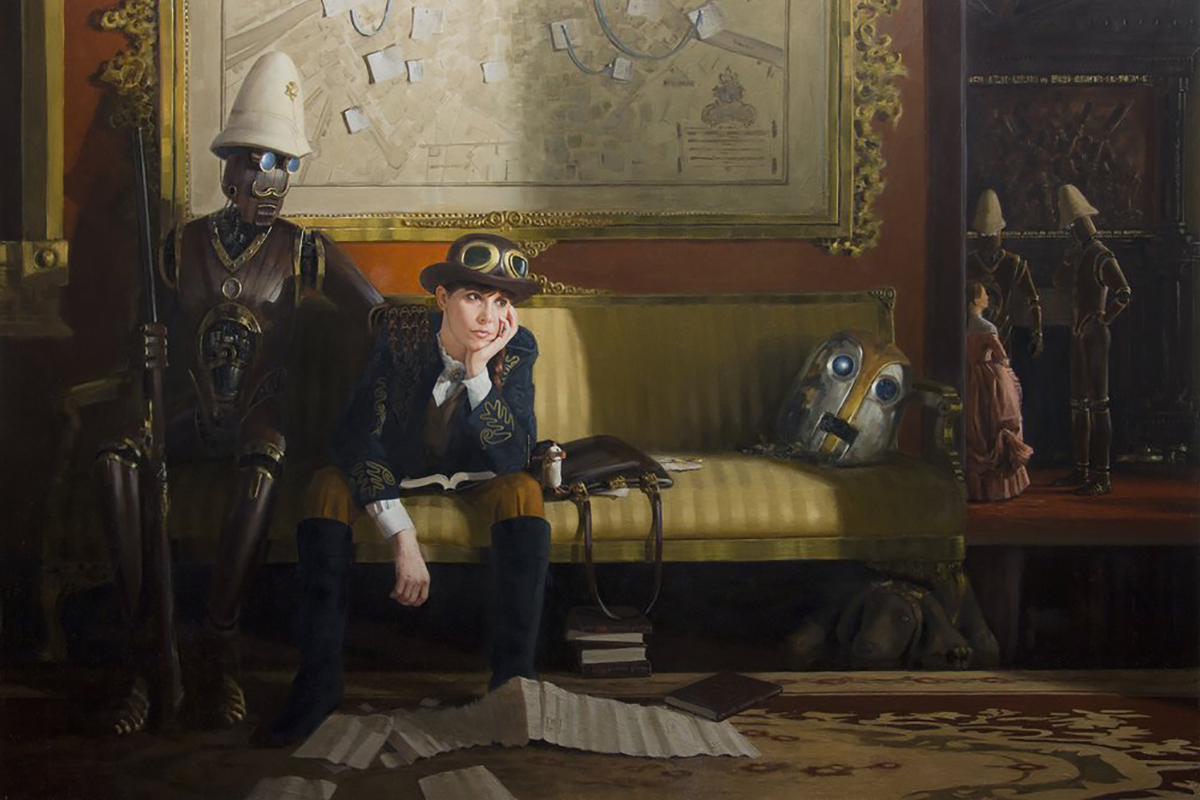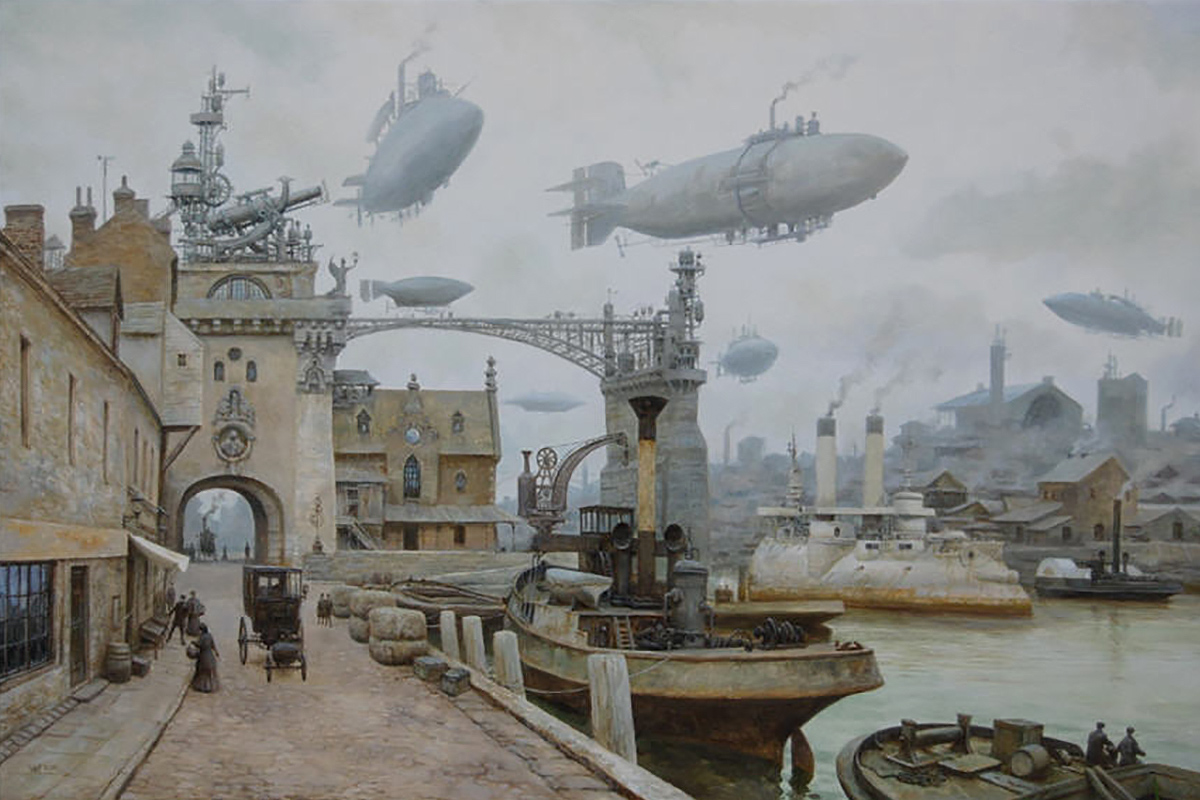The British Army of World War I was said to have been composed of “lions led by donkeys.” Historians have recently disputed that characterization, arguing that the British general staff consisted of competent men who were out of their depth when faced with the new military technology of the day; they were experts with cavalry but novices with the machine gun. C.S. Forester’s 1936 novel The General is a story of one of the alleged donkeys.
The General follows Herbert Curzon (not the historical figure George Curzon) from his early promise as a junior officer in the Second Boer War to the upper ranks of the British Army. It is both an intimate book and also epic, if you could make a story of about twenty years such.
Its intimacy comes from the detailed character study of Herbert Curzon the man. He is a man who would certainly consider himself honorable, and many in the elite society he inhabits agree. He is ambitious, but not the most original strategic thinker. We get a fairly detailed courtship and correspondence with the woman who will become his wife, a courtship which leads to the most emotional moments in the story. Curzon is a good man, but it becomes clearer and clearer to everyone except the British Army that he is not good enough for the twentieth century.
The novel assumes an epic quality as you can see, in muddy and disease-ridden trenches, the dawn of a new way of war and a new way of being. It is said that the closest thing to steampunk in actual history was the First World War; you can tell that the officers here are trying desperately to make sense of a battlefield that Sandhurst did not prepare them for. It are the birthing pains of twentieth-century warfare, and the officers are incompetent midwives.
Forester inculcates within you a growing sense of indignation that blossoms into fury as you see the human cost of their inflexibility. The most painful part of it is knowing that there weren’t obvious ways to avoid it except avoiding the war altogether. The General is a quiet tragedy whose volume is only appreciated by the ending. It is a tragedy of bureaucracy, a precursor to the absurdity of Joseph Heller’s Catch-22 and Kurt Vonnegut’s Slaughterhouse Five. The General isn’t comical in the way those books are, but it is potent in its own, understated way.





